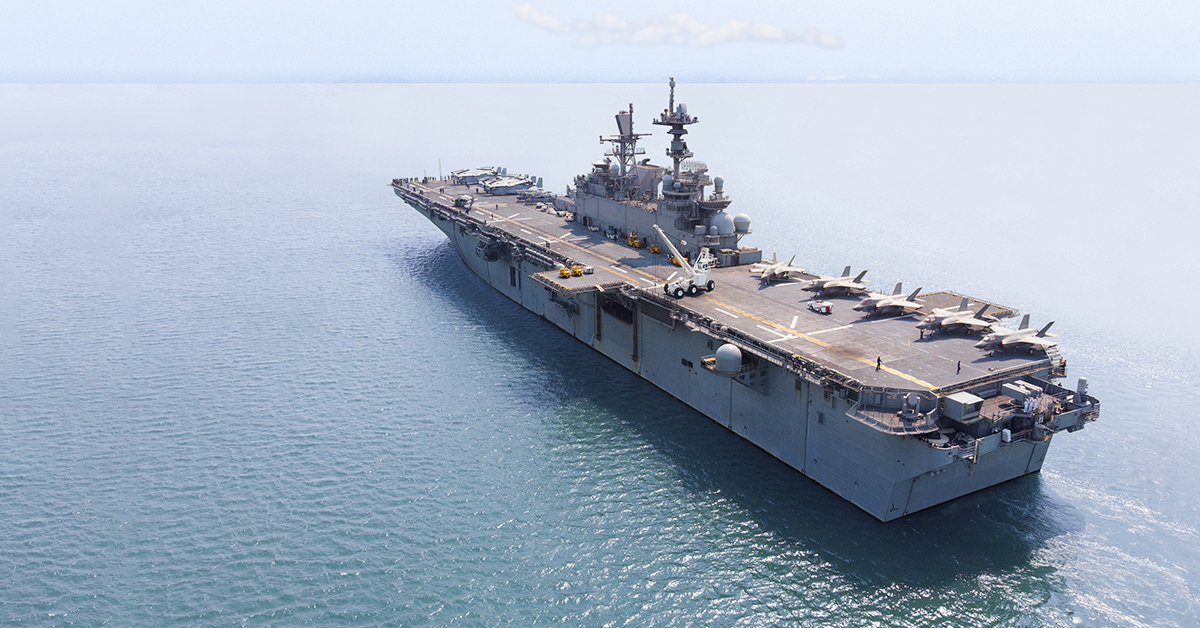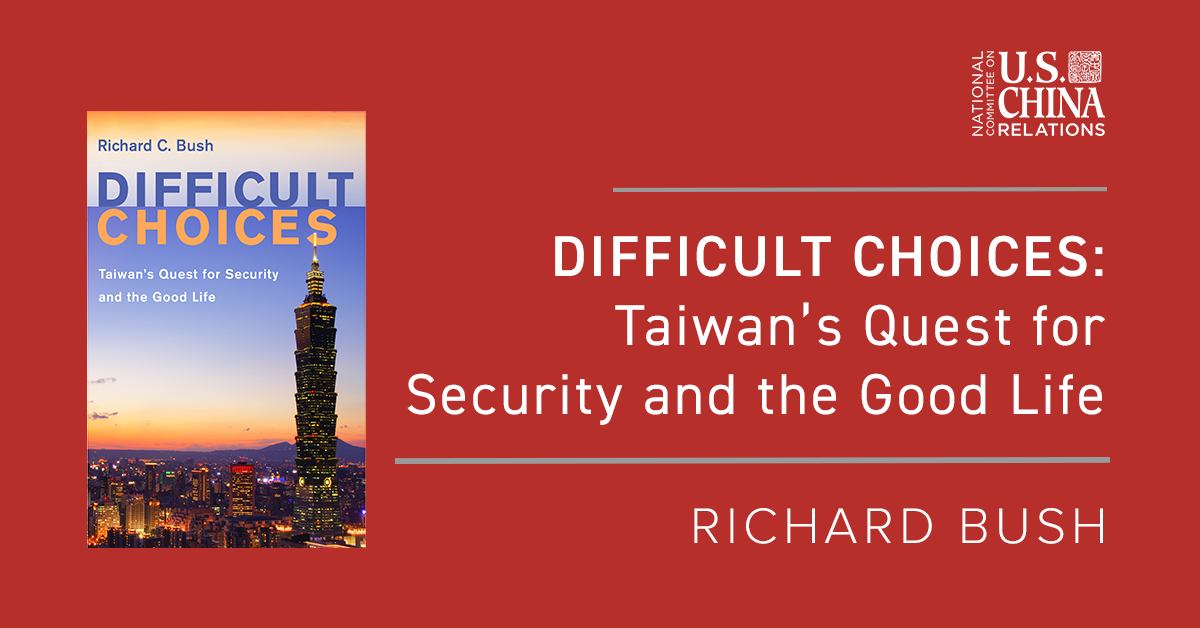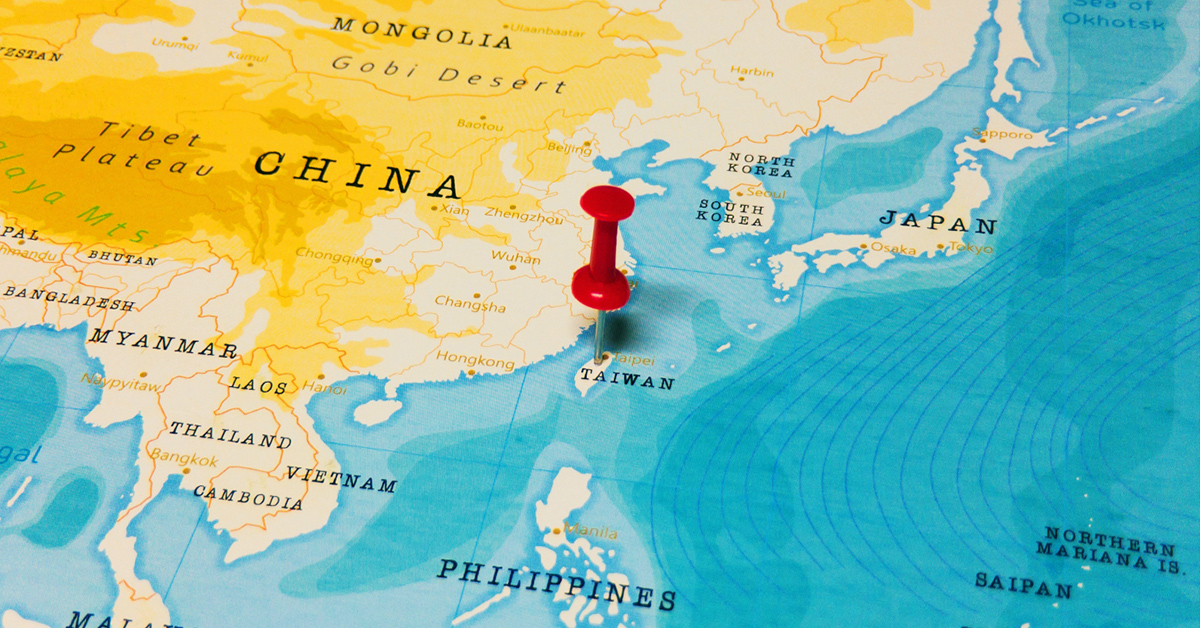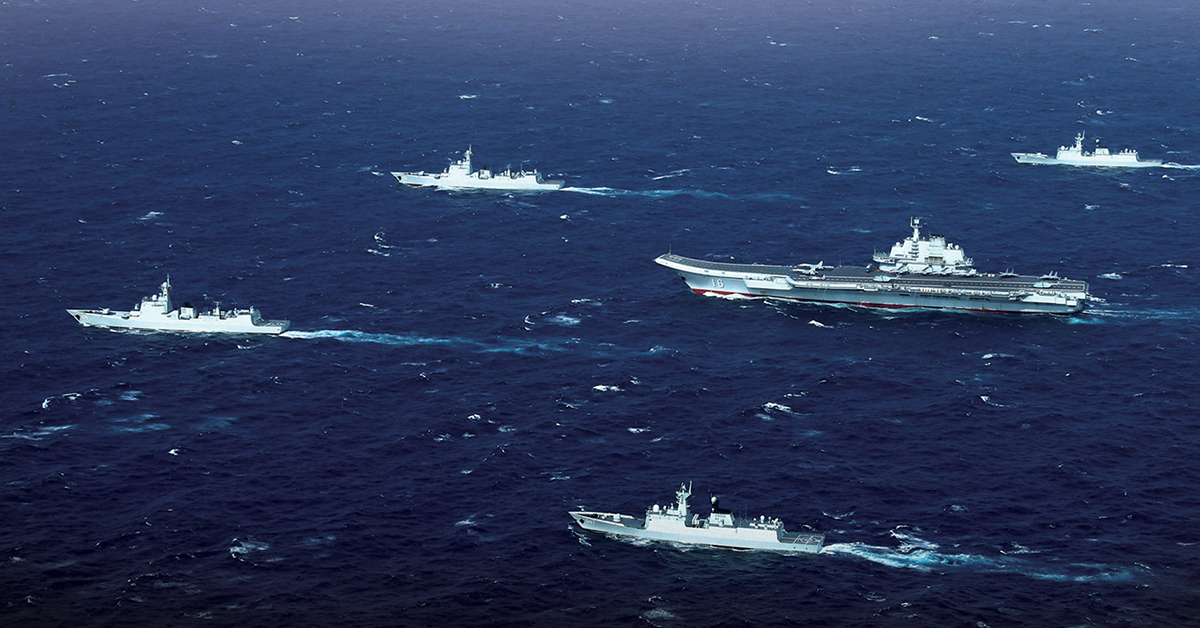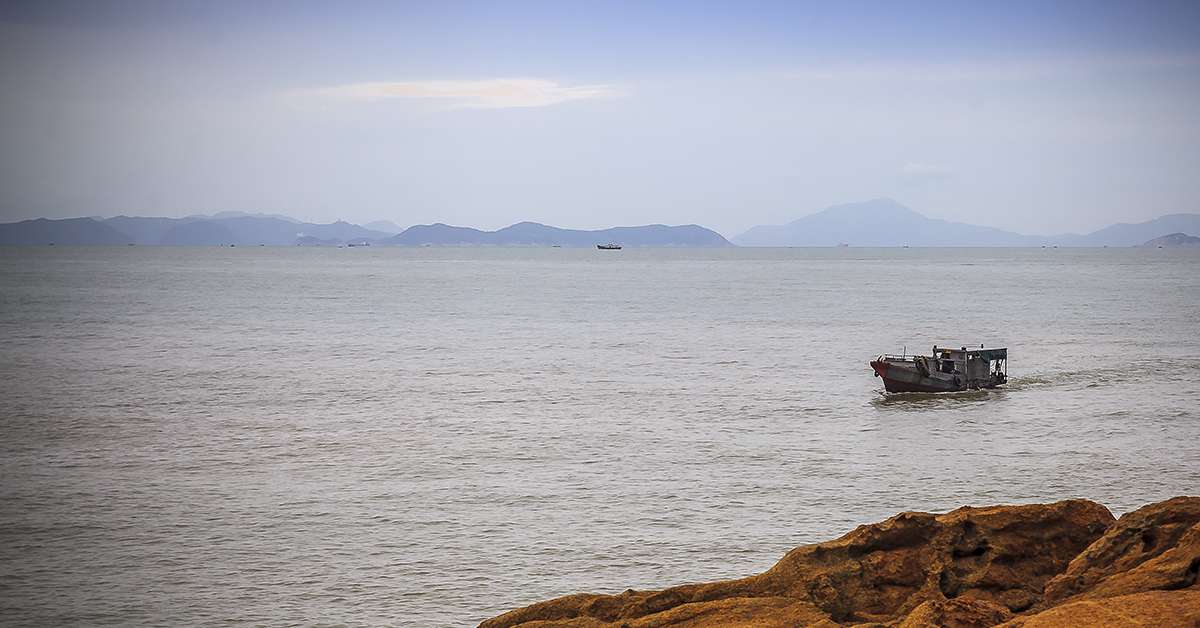Lyle Goldstein and Oriana Skylar Mastro discuss military and security issues in the Taiwan Strait and implications for U.S. policy.
Three scholars from the United States, China, and the Philippines discuss recent developments in the South China Sea region and possible areas for cooperation.
Richard Bush explores how Taiwan can overcome internal stresses and threats from China, and what the United States might do to help.
Michael Swaine and Rachel Odell discuss the significance of the Strategic Competition Act and its potential impact on U.S.-China Relations.
Robert Blackwill and Philip Zelikow discuss their recent report on a strategy to preserve peace in the Taiwan Strait in a conversation with Shelley Rigger.
Michael McDevitt examines the growth of the PLA Navy en route to meeting China’s goal of becoming a great maritime power by 2035.
American and Chinese experts examine the implications of international maritime law and South China Sea disputes for U.S.-China relations.
Join former Ambassador and Foreign Secretary Nirupana Rao, Harvard Professor Arunabh Ghosh, and Fudan Professor Shen Dingli for a conversation about the India-China border dispute.
David M. Lampton discusses the high speed rail network connecting China and Southeast Asia, part of the BRI.
Author Mara Hvistendahl joined the National Committee for a discussion about her recent book on industrial espionage, the U.S. government, and China.
